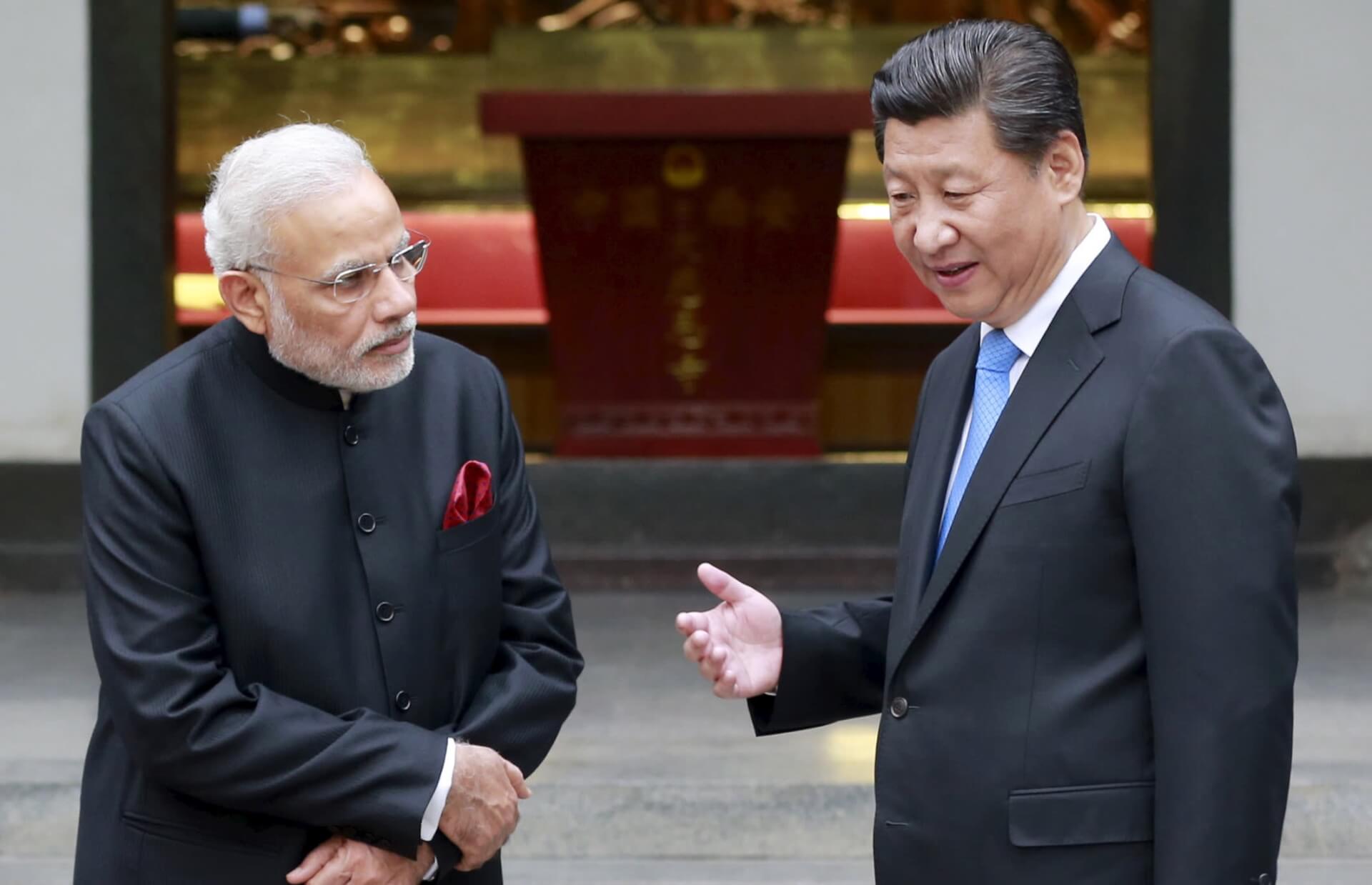Hans Morgenthau in his magnum opus Politics Among Nations spoke of reverting to an old or traditional diplomacy that did not have to weather the storms of public scrutiny that were ushered in with the end of World War II. Before that, plenipotentiaries had somewhat limited exposure to domestic audiences. On matters of high politics they were entrusted with backroom dealings, secret treaties, and military alliances; with both adversaries and allies. Beyond the need for extractive nationalism and general considerations of state legitimacy, the playing out of what Robert Putnam refers to as the “two-level game” was not as complex as it became in the age of public diplomacy.
After the two World Wars, the popular will—in both victors and vanquished alike—had little appetite for elites thrusting their states into conflict. Foreign policy needed to become a transparent and accountable process with greater participation of domestic actors. So why was Morgenthau troubled? Well, effective diplomacy meant difficult compromises. The diminishing autonomy of diplomats, Morgenthau argued, restricted their ability to maximize state interest due to concerns over a domestic fallout. To cite a counterfactual, perhaps territorial disputes between India-China or Israel-Palestine would have easier pathways to resolution if they could be viewed more transactionally in accordance with their strategic value, rather than absolute and non-negotiable markers of state sovereignty. Domestic audiences it is often argued are quite unforgiving towards such concessions, making them suicidal for political elites. So, the hypothesis: domestic audiences can cause dispute escalation and lead to greater reliance on coercive signalling.
The recent border stand-off between India and China though, has baffled this hypothesis. Domestic audience costs have not compromised the space for conciliation, but rather the efficacy of military deterrence. The Modi foreign policy doctrine, much like the BJP-led government's more general projection in the public sphere, seeks to build his reputation as a strongman and nationalist leader. One would assume therefore, that China’s blatant encroachment on Indian territory would dramatically alter perceptions in New Delhi and push it towards: (1) coercive signalling, and (2) possible military retaliation. However, we have seen quite the opposite. New Delhi has shown some signs of a more favourable commitment to the QUAD, but has strangely refrained from even naming China in the context of its border aggression. India’s Defence Ministry infamously withdrew an online report stating China’s unilateral decision to alter the status-quo in its favour. For the longest period, India’s public discourse was mired in an inane discussion on whether the Chinese infringement had even occurred in the first place.
Why was the Modi government reluctant to accept China’s aggression on the border? How was it even able to do so considering the value of territorial holdings to state legitimacy? And finally, how has this affected the credibility of India's deterrence posture vis-à-vis China? The answer to the first question is rather simple: face-saving. Instead of acknowledging the intelligence failure (which arguably the strategic elite in New Delhi may not be accountable for at all), the government chose to deny China’s aggression while vaguely signalling India’s resoluteness to protect its sacred borders. Since China had technically occupied ‘no-man’s lands’ there was some ambiguity to exploit. The reason this was possible is also clear: influence over media. The Modi government’s ability to control the domestic narrative and its almost unimpeachable nationalist credentials afforded it the necessary leeway to confuse China’s transgression for domestic audiences.
There has been massive public outcry against China and its products and industries profiteering in India, but the Modi government has still not accepted the full scale of the transgression in clear terms. Most of the on-ground information on this stand-off has come from leaked sources and scarce but diligent reporting. Public debate has shifted to the valour of India’s armed forces and the Modi government’s unrelenting commitment to restore these territories (none of which I wish to dispute) without first scrutinising how India got here or an official recognition of what had occurred.
Why is this recognition important? For deterrence, of course. While non-recognition allows the Modi government to save face and preserve its arduously-constructed reputation and public image, the message it sends to China is harmful. Beijing understands that as long as there is a face-saving option for the Indian government and the facts of the matter fuzzy, it can push for greater concessions than would otherwise be possible. Moreover, through its non-recognition, the Modi government has also diluted its commitment to recovering these territories (at least in signalling terms). Embracing domestic audience costs would have been the strongest indication of India’s resoluteness in this regard.
So, the new hypothesis: nationalist governments who are hyper-sensitive about their reputations and exercise inordinate influence over the media and the framing of the domestic narrative prioritise face-saving options over deterrence.

